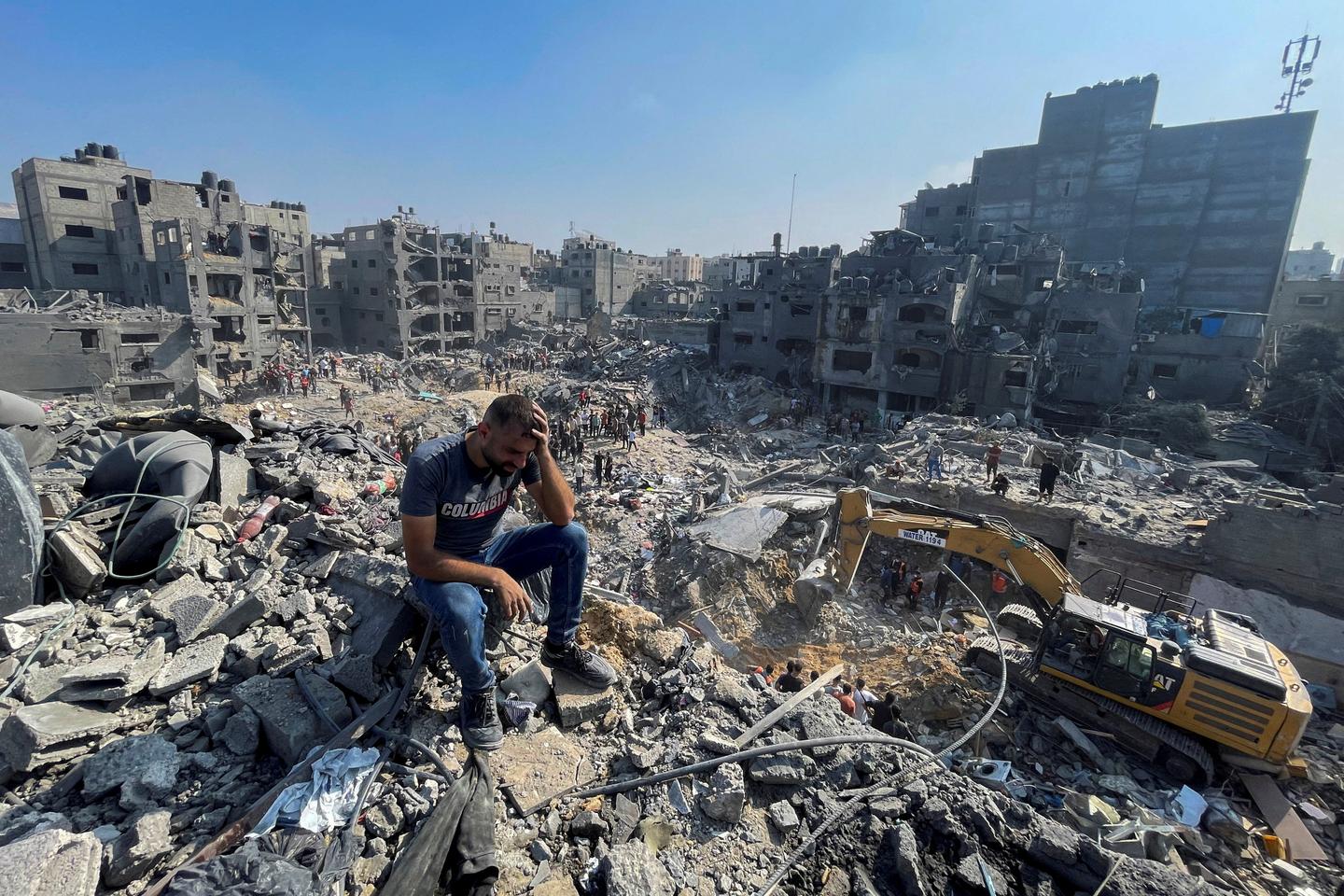


In the wake of the attacks of September 11, 2001, the United States declared a "global war on terrorism." A military victory was needed, their status as a great power was at stake. The aim was to re-establish their credibility and deterrent capacity. They did this by force of arms, and above all by force of arms, first in Afghanistan during the winter of 2001 and then at the beginning of spring 2003 in Iraq.
Everyone knows what happened next. The Taliban – which sheltered al-Qaeda, responsible for the mass slaughter of September 11 – got back into power in Kabul. The overthrow of Saddam Hussein's regime in Baghdad sparked a bloody civil war. By giving birth to the Islamic State organization, the American occupation gave terrorism a new lease of life. By bringing a Shiite majority to power in Iraq, it strengthened the Islamic Republic of Iran and destabilized the entire region. The image of the United States has been permanently damaged, particularly in the world of emerging countries, the so-called Global South.
America is still paying the political price for its military adventures in the Greater Middle East. But Joe Biden has learned his lesson. He was the first Western leader to come to Jerusalem to express US solidarity in the wake of the unprecedented massacres perpetrated by Hamas on October 7. The US president defended Israel's right to retaliate with force, but he also issued a warning: Do not "make the mistakes" as the US made and do not "be consumed by rage."
Biden's advice was useful as a way of asking the first key question in the ongoing tragedy on the shores of the Mediterranean: Can Hamas be defeated militarily? In these days of devastating bombardments on a territory whose small size puts the population on the front line, Prime Minister Benjamin Netanyahu reiterated Israel's objective in definitive terms: to eradicate the political and military apparatus of Hamas, responsible for the deaths of over 1,400 Israelis, mostly civilians and including entire families, women, children, newborns and the elderly.
Hezbollah has not disappeared
This objective raises a number of questions. Hamas is more than just an organization, which can certainly be considerably weakened. But, while it tactically resorts to terrorism, it is also an ideology that is not going to die. It is even very likely that the systematic aerial bombardment, destruction of homes, internal exile and deprivation imposed on a martyred Gazan population will give rise to the next generation of jihadists. According to Hamas, more than 8,700 people have been killed by bombs in the first 25 days of Israel's attacks, including some 3,500 children.
You have 55% of this article left to read. The rest is for subscribers only.
